Resource Tipsheet
GIJN Africa: Funding and Grants
Nonprofit organizations dedicated to offering grants in support of investigative journalism in Africa.
Nonprofit organizations dedicated to offering grants in support of investigative journalism in Africa.

GIJN spoke with three newsrooms pioneering models for raising funds directly from their audiences.
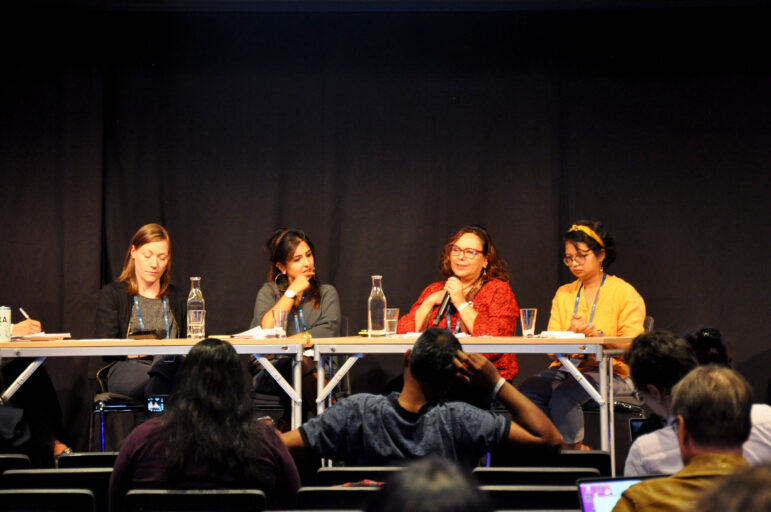
Communities are often considered merely our audience in journalism. But local communities can be engaged to help report impactful stories, provide tips and resources, and even boost the finances of watchdog media around the world.
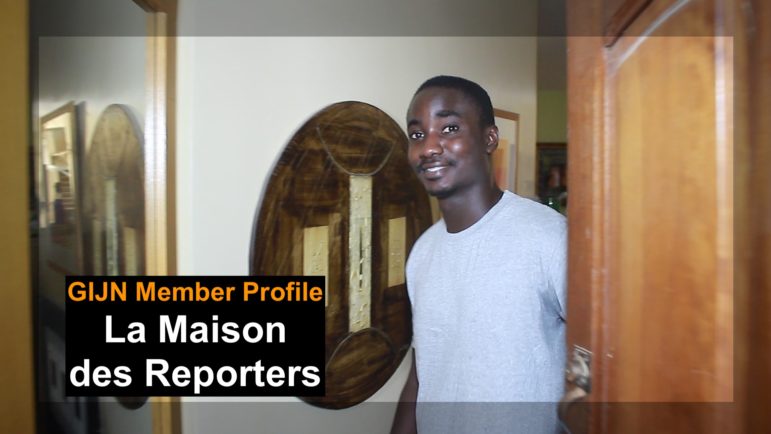
Senegal’s first publicly-funded, independent media site — La Maison des Reporters — was launched after a young journalist, Moussa Ngom, grew frustrated with his country’s mainstream news.
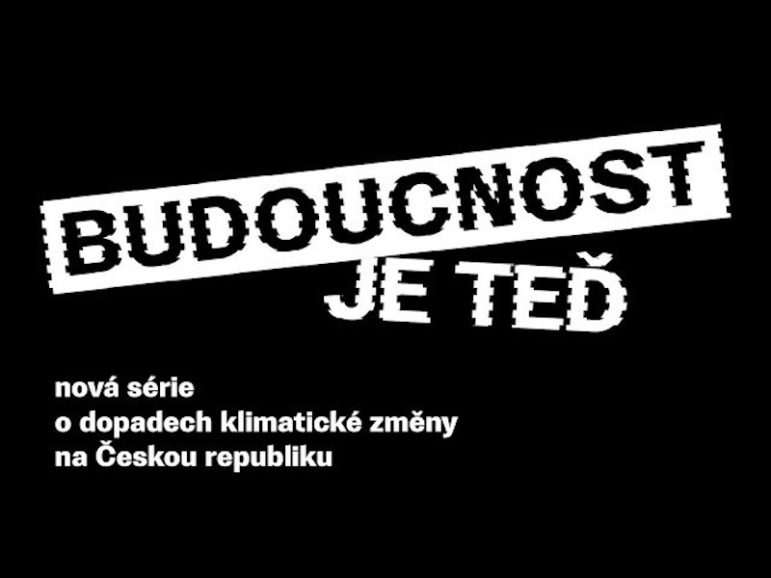
Crowdfunding has become very popular in the Czech Republic, where it is often used to help launch independent media outlets or to get money to finance individual projects and cover specific topics.

The Brazilian version of The Intercept is carving a solid spot for itself in the country’s journalism landscape. With a focus on human rights abuses, police violence and politics, The Intercept Brasil’s investigations have attracted a young audience and an unexpected amount of donations, its executive editor tells GIJN.
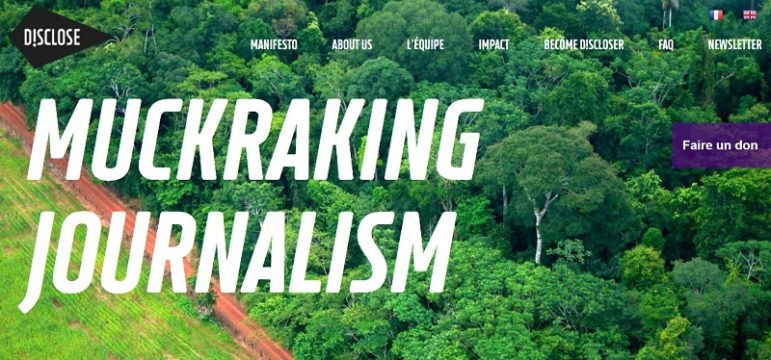
Two French investigative journalists are launching Disclose, a nonprofit newsroom which plans to produce investigative reports free of commercial pressures – and generate the impetus for meaningful change. Olivier Holmey writes about the new media group on the block for GIJN.
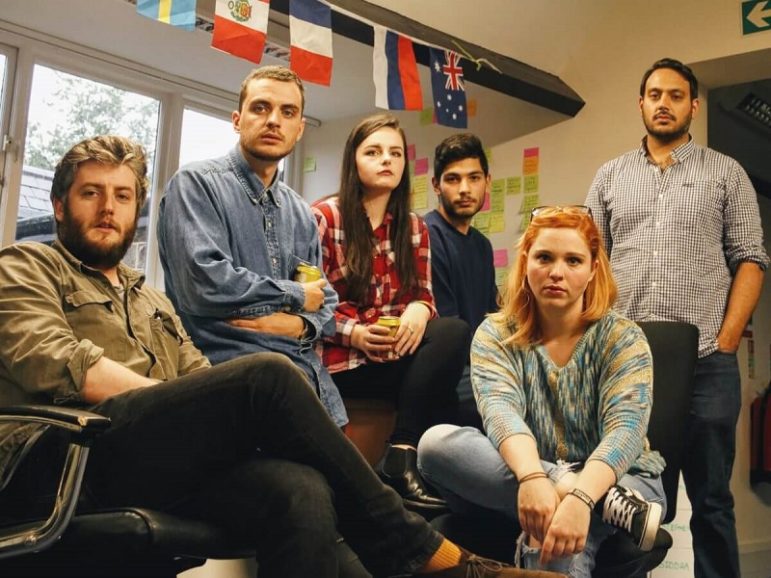
Robyn Vinter, founder of a UK-based investigative news website for working-class millennials and people outside the “London bubble,” says she made a conscious choice not to try and make a “big profit” from it. “We’re not trying to be millionaires,” says Vinter.“We’re trying to do investigative journalism, and you can’t really do both, I don’t think.”
GIJN’s research provides tips on how to plan and carry out a crowdfunding campaign, names of national and regional crowdfunding sites, suggestions of useful tools to use. And some stories from those who have done it. At GIJN’s 2019 Hamburg conference, Tamas Bodoky of Atlatszo in Hungary, elaborated on seven suggestions (see his tipsheet): Establish […]

The increasing lack of credibility and growing political meddling in Romanian mainstream media in recent years has resulted in many journalists leaving these outlets and starting their own independent sites. Some of these initiatives support themselves by relying on crowdfunding. But is it viable in the long term?